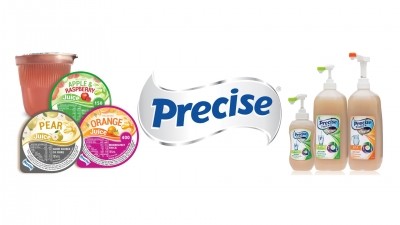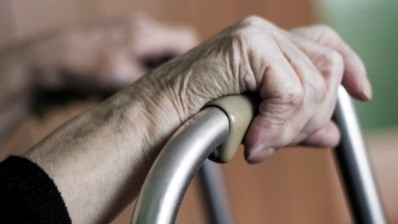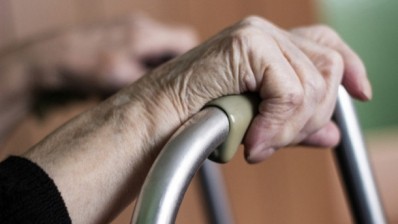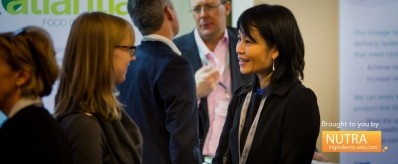FI Asia 2017
DuPont: Ageing Asia creating vast potential but infant formula 'challenging for manufacturers'
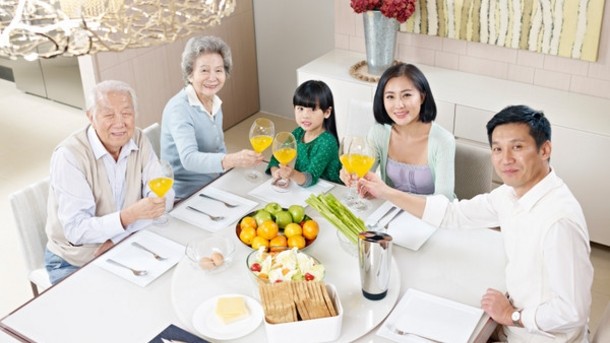
At the recent FI Asia in Bangkok, NutraIngredients-Asia spoke to ASEAN sales director Vikki Paterson, who told us, “The rapidly ageing population — especially in China — and the people wanting to care for their parents, are driving the supplement market”.
Paterson said, “Healthy ageing is a big market for us, and we’re innovating products for seniors.”
She mentioned the likelihood of lactose intolerance among Asian seniors, saying DuPont had developed a concept for manufacturers called Apricot Royal Drinking Yogurt.
Made with real apricot puree, the drink is dairy-based but 99% lactose-free, and contains four patented ingredients, including GODO-YNL2 lactase — a beta-galactosidase used to hydrolyse lactose — that is said to provide up to 99% of lactose-free content.
She added that maintaining muscle mass and bone health is also important for seniors.
In this regard, the company has turned its attention to Japan: “Japan is one of our leading markets for ageing populations, and we’ve recently innovated a number of concepts for yogurt to maintain muscle mass for seniors.”
This is part of a series of 11 supplied ingredient concepts to be unveiled in Japan next month.
Child-feeding challenges
When it comes to infant nutrition, DuPont is keeping abreast of the latest regulatory developments and market demands in Asia — especially in Singapore and China, where authorities have imposed stricter rules on formula manufacturers.
Paterson said, “It’s really challenging formula manufacturers, particularly in Singapore and China. Prices are high, but that’s because of the functional benefits, and the sentiment that if you pay more, the quality is better.
“The challenge for manufacturers now is to develop products that are of good quality and also affordable. But it’s really about consumer perception: how does a manufacturer convince consumers they are getting a quality product that’s worth the price?”
She acknowledged that manufacturers must toe “a fine line”: as the Singapore government attempts to manage costs and ensure as many children as possible have access to the necessary nutrition, manufacturers try to remain profitable while still producing formula good enough to meet both regulatory standards and nutritional needs.
In this regard, she said, DuPont insists on working with manufacturers who are serious about making high-quality products at reasonable costs.
Breast is still best
While the Singapore government seems to lean heavily towards breastfeeding (and other non-formula nutrition sources) in its bid to steer parents away from having to purchase formula, many mothers still require formula for their babies.
Paterson said, “Manufacturers know breastfeeding is still the best for babies; they’re not trying to replace breast milk. But when you look at the busy lives of many working Asian mothers, many of them need to supplement breastfeeding with formula.
“In Singapore, you don’t get much maternity leave; three or four months is not a long period of time, so mothers need a supplement because they can’t feed as much as they want. There is a place for formula.”
To this end, DuPont has invested in developing formula meant to closely mimic breast milk.
Paterson revealed: “You’ll see a lot more scientific development in that space. DuPont announced last year it was going to replicate human breast milk oligosaccharides.
“More research will go into developing a product that is as close to breast milk as possible. Ultimately, it won’t be identical, but we want to give parents who need to buy formula better options.”
